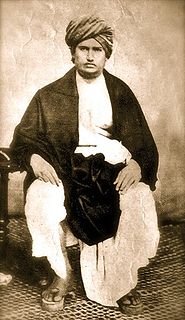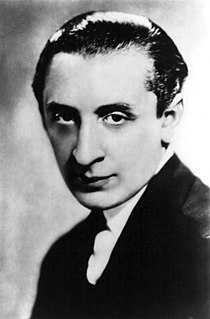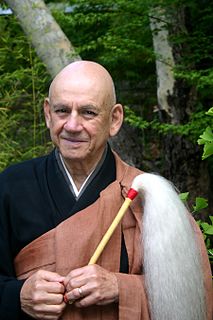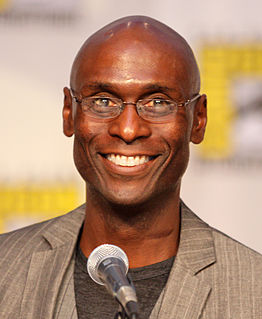A Quote by Percy Bysshe Shelley
Are we not formed, as notes of music are,
For one another, though dissimilar?
Related Quotes
Who can confidently say what ignites a certain combination of words, causing them to explode in the mind? Who knows why certain notes in music are capable of stirring the listener deeply, though the same notes slightly rearranged are impotent? These are high mysteries, and this chapter is a mystery story, thinly disguised.
You never can tell, though, with suicide notes, can you? In the planetary aggregate of all life, there are many more suicide notes than there are suicides. They're like poems in that respect, suicide notes: nearly everyone tries their hand at them some time, with or without the talent. We all write them in our heads. Usually the note is the thing. You complete it, and then resume your time travel. It is the note and not the life that is cancelled out. Or the other way round. Or death. You never can tell, though, can you, with suicide notes.
A famous violinist once said. Music transcends words. By exchanging notes, you get to know one another, to understand one another. As if your souls were connected and your hearts were overlapping. It's a conversation through instruments. A miracle that creates harmony. In that moment, music transcends words.
The way we move within time is a kind of dance. We are always keeping time within one rhythm or another. Music, of course, is exemplary. One reason we love music so much is that it's so complete and the notes harmonize with one another in time to make a beautiful, ideal statement; not like our daily life where the rhythms are more subtle or hard to find or are constantly being interrupted or changed in ways that aren't so easy to handle.
Notes are tricky in an audition, because I find, more often than not, my instinct is right. If they have a preconceived notion about the role and it goes against my instinct, unless it makes sense to me, it often throws off what I'm trying to do. Though sometimes they have an insight that I don't because they've been living with the script. I don't have one feeling or another about notes, but it is always a little bit of a red alert when I get one in an audition.
One needs only to study a certain positioning of the hand in relation to the keys to obtain with ease the most beautiful sounds, to know how to play long notes and short notes and to achieve certain unlimited dexterity. A well formed technique, it seems to me, can control and vary a beautiful sound quality.







































